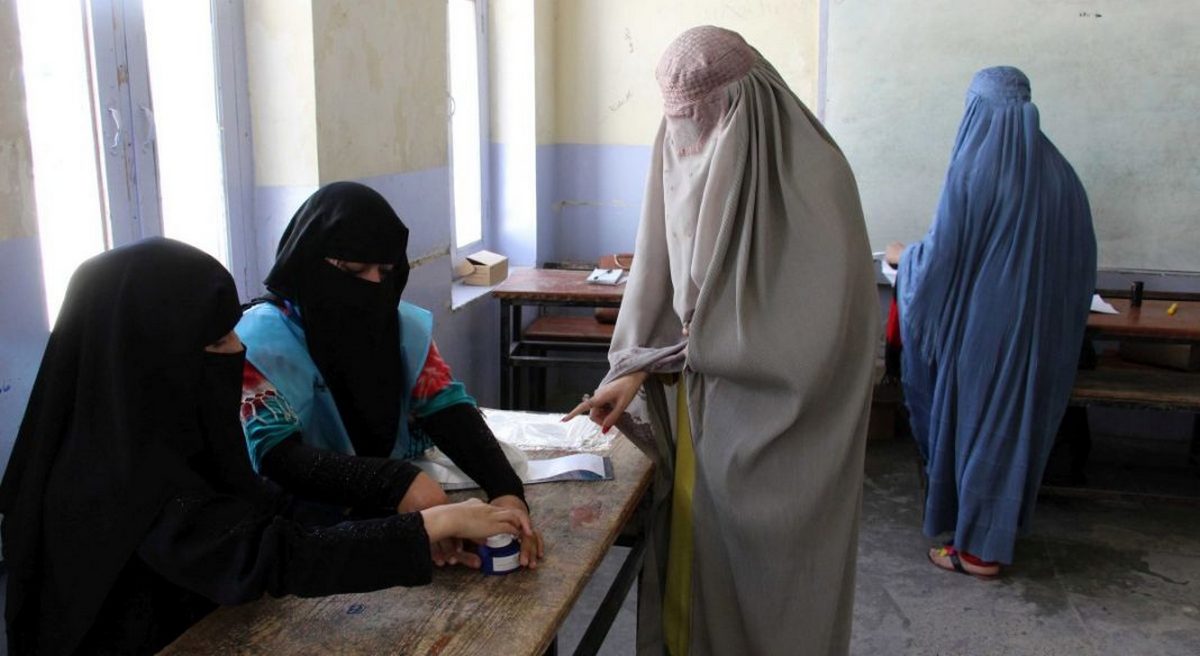Terror for women returns to Afghanistan in 20 years. The re-occupation of the country by Taliban extremists is causing a stir in the Western world, but the most nightmarish scenarios return to the future of Afghan women, who are forced to leave behind all the progress they have made in recent years.
The crisis began in early July when the Taliban, who were trying to seize the first provinces, opposed working women. The extremists then stormed a bank branch in Kandahar and, threatening with weapons, ordered the working women to leave. In fact, they brought them home and told their families that the men could take their jobs.

The Taliban forbids women from working and studying, and one of their basic rules is that women must completely cover their bodies and faces, and to go outside, they must be accompanied by their husbands.
According to a 2001 State Department report, the Taliban impose the following rules on women:
- They should be covered with clothing.
- It is forbidden to work, except in special cases.
- It is forbidden to go to school.
- They have limited access to the health care system.
- It is forbidden to leave the house unaccompanied by a male family member.
- When they got out, they got on special buses, and to get in a taxi, they had to be accompanied again by a man, their relative.
- As a rule, women cannot walk on the street unaccompanied by a man who is their relative.
- The windows of their houses had to be painted so that passers-by could not look inside.
In case of non-compliance with the above rules, women are punished with beatings, but also stoned to death.